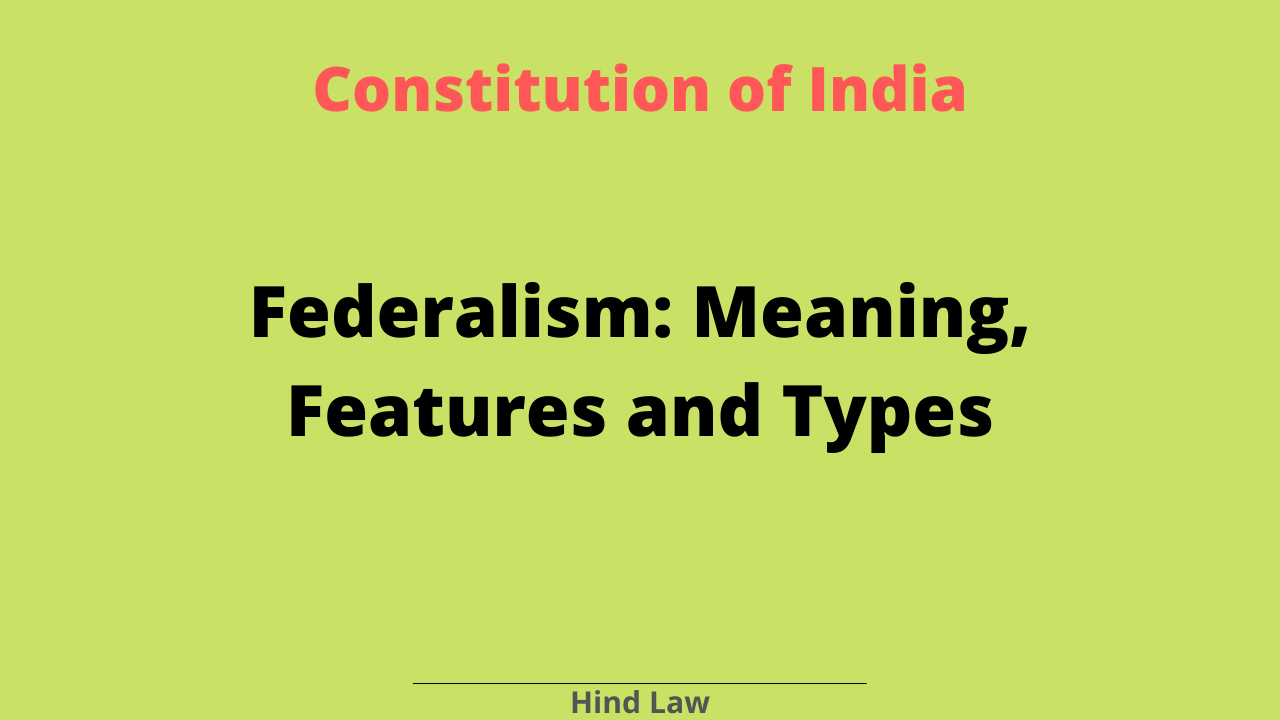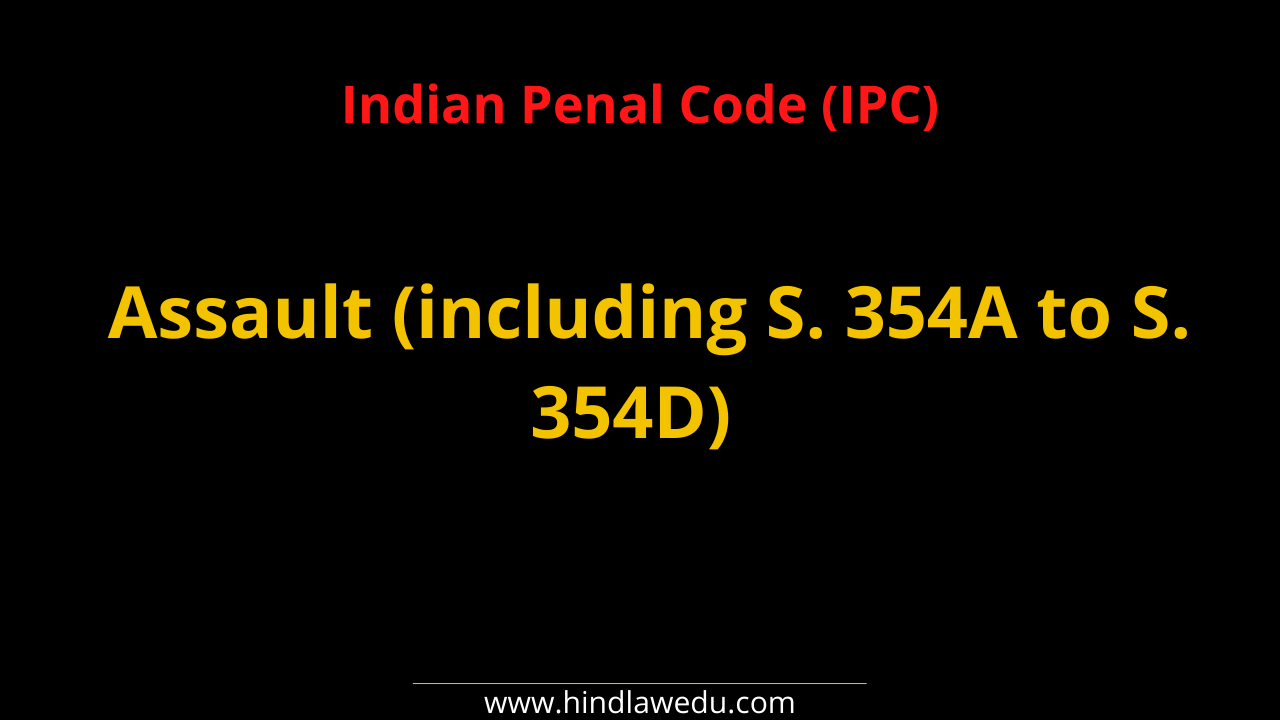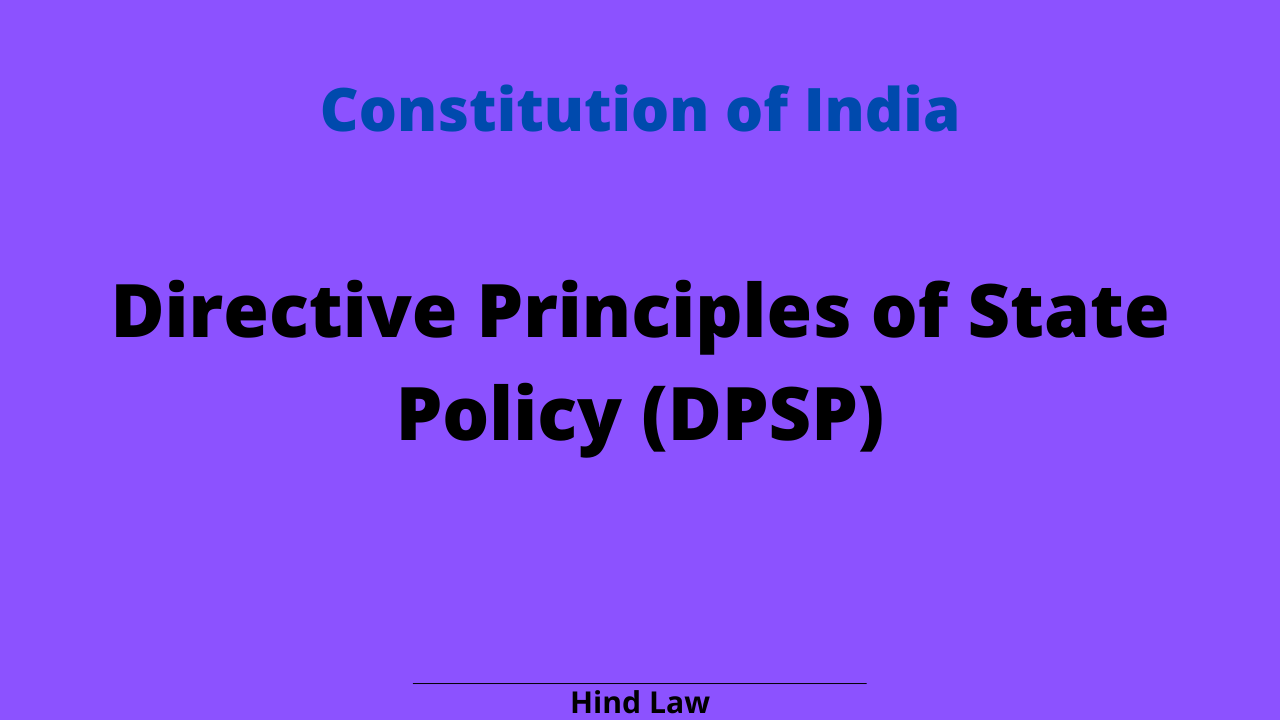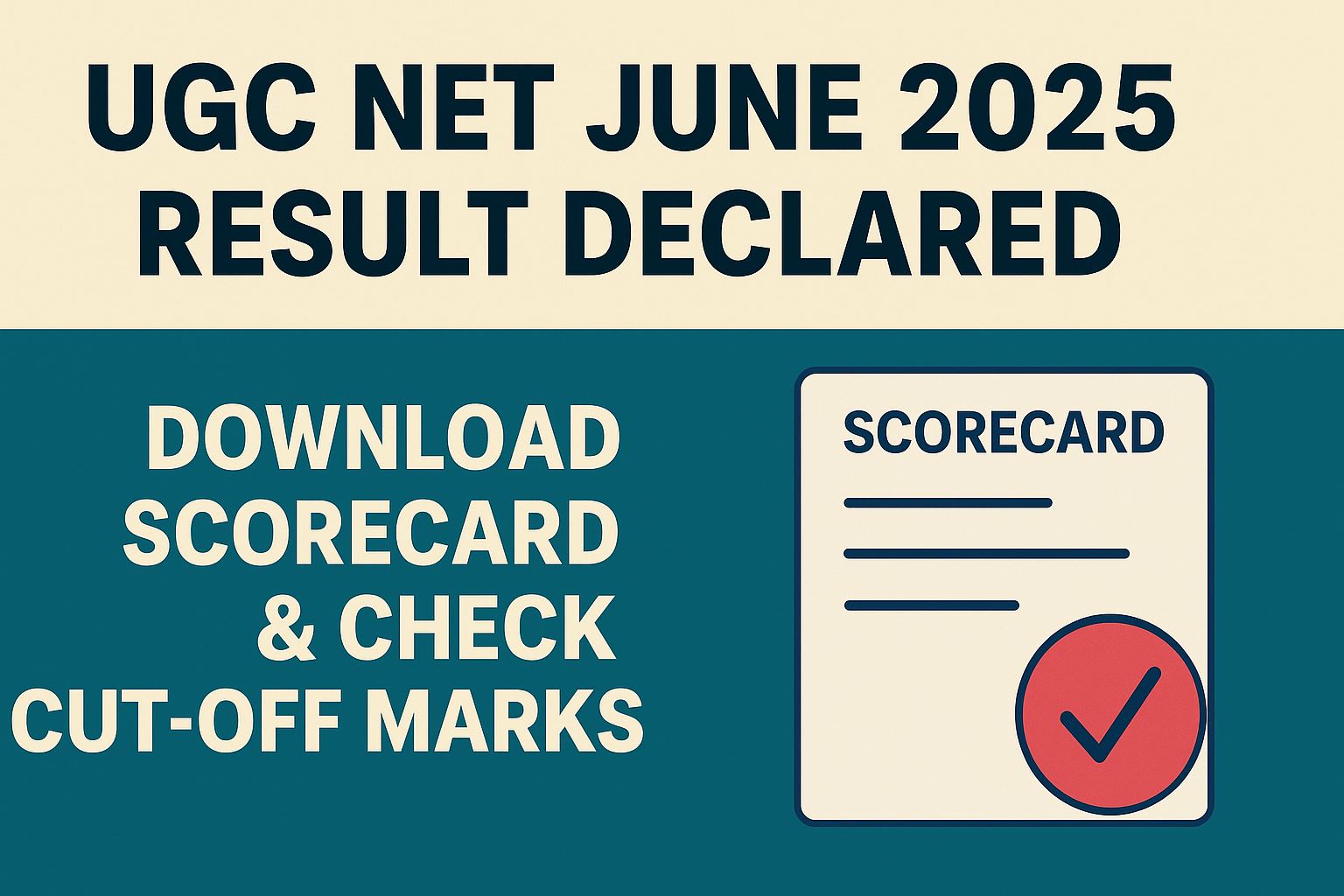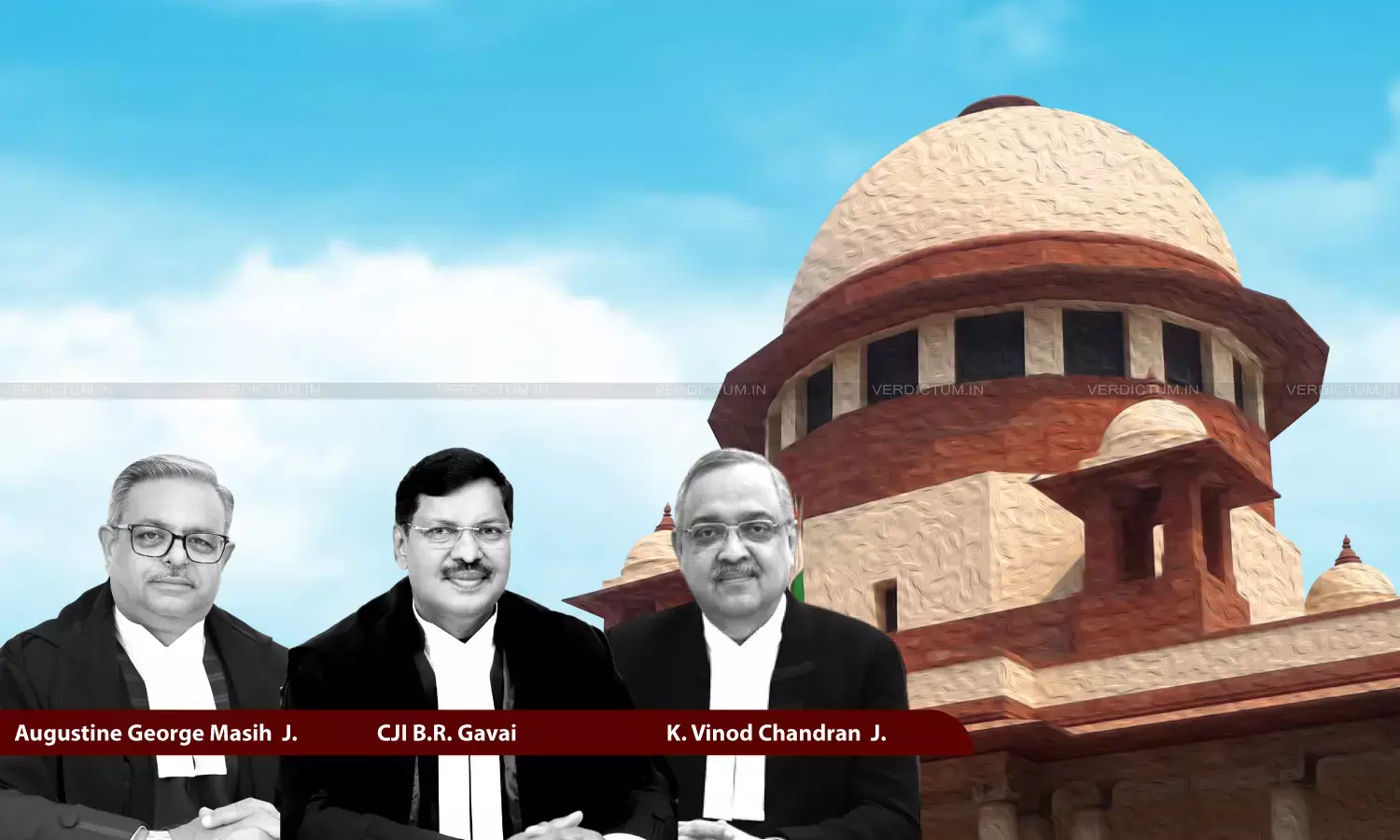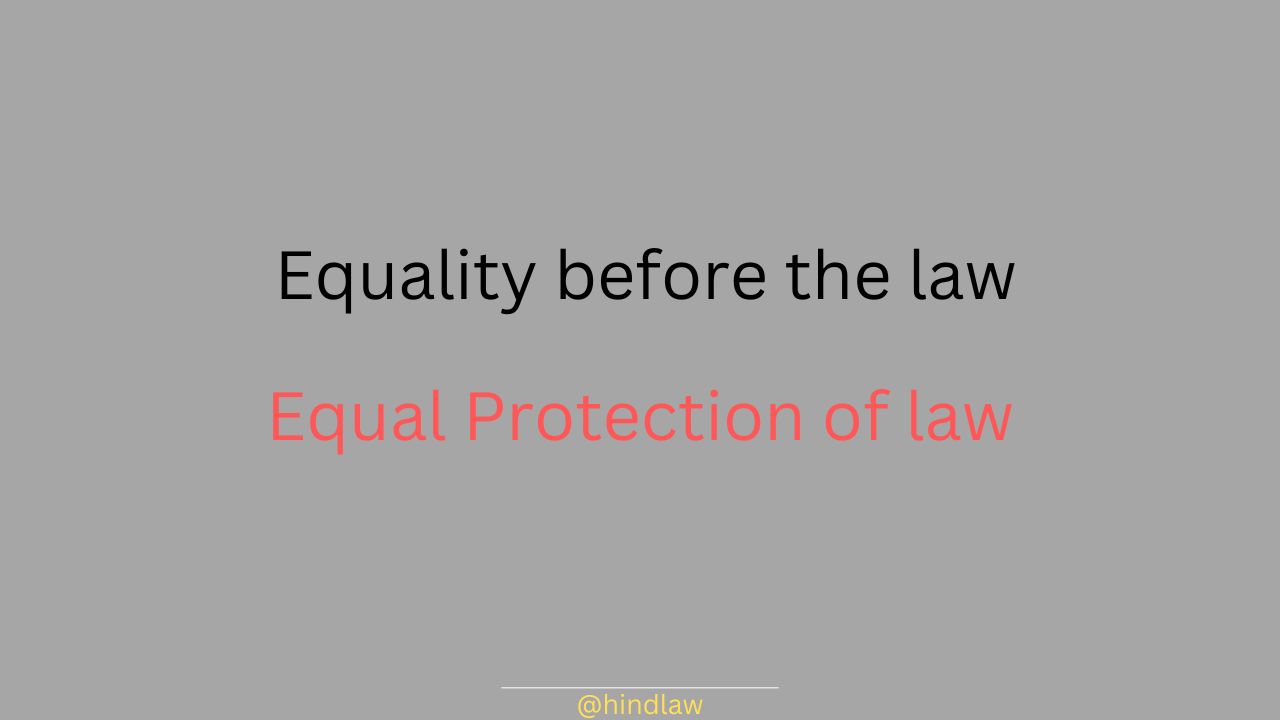Due Process of Law
The meaning of due process of law is the fair treatment and legal procedures that every person is entitled to under the law. It ensures that everyone has the right to a fair and impartial legal process, including notice of charges, the opportunity to be heard, and a fair trial. Due process protects individuals from arbitrary actions by the government and ensures that their rights are respected throughout legal proceedings.
Procedure Established by Law
The meaning of “procedure established by law” is that any actions taken by authorities or legal systems must follow the procedures laid out by existing laws. In other words, the government or any governing body must adhere to the specific procedures outlined in laws when carrying out actions, making decisions, or implementing policies. This ensures that actions are carried out in accordance with legal requirements and that individuals’ rights are protected within the framework of the law.
In simple terms:–
1. Due Process of Law:
– Means: Ensures fair treatment and legal procedures for everyone.
– Focus: Protects individual rights by guaranteeing fair trials, notice of charges put against anyone, and the right to be heard.
– Example: Providing a fair trial, where all parties have the opportunity to present evidence and arguments before a neutral judge.
2. Procedure Established by Law:
– Means: Actions follow specific procedures set by existing laws.
– Focus: Governs how legal actions are carried out according to the laws in place.
– Example: Conducting legal proceedings strictly according to the steps outlined in statutes or regulations, without necessarily ensuring fairness or protecting individual rights beyond what the law requires.
In essence, while due process ensures fairness and protects individual rights throughout legal proceedings, the procedure established by law simply means following the steps outlined in existing laws, which may or may not guarantee fairness or protection of rights.
Note: Due Process of law goes beyond just following the established procedures. It ensures that those procedures are fair and just, protecting individuals from arbitrary (unreasonable) actions by the government.
Extra’z:
Rule of law – The simple meaning of the “rule of law” is that everyone, including individuals and the government, must follow the law. It means that societies are governed by established laws rather than the arbitrary decisions of individuals or those in power. The rule of law ensures fairness, equality, and accountability by providing a framework where laws are clear, consistent, and applied equally to all members of society. In essence, it means that no one is above the law, and justice is administered impartially.
Do you have any questions about due process of law or procedure established by law? Leave a comment below and let’s discuss!
Als0 Read>>>
Meaning of Equality before the law and Equal protection of law

